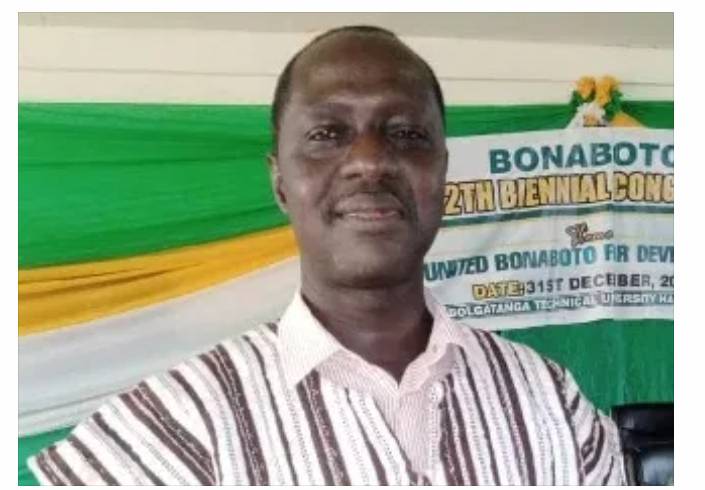Government Urged to Intensify Efforts to Resolve Escalating Bawku Conflict – BONABOTO
In a recent statement, the BONABOTO group, representing the Bolgatanga, Nangodi, Bongo, and Tongo communities, called on the government to ramp up its efforts to address the ongoing and escalating conflict in Bawku. This plea comes amid mounting concerns over the region's stability, as recent violent clashes continue to endanger lives, disrupt local economies, and affect social cohesion.
The protracted conflict in Bawku, a town in Ghana’s Upper East Region, has been marked by a series of violent incidents driven by deep-seated chieftaincy and ethnic disputes. Despite efforts to restore peace, the situation has remained tense, with frequent reports of violence and increasing insecurity for residents. The leadership of BONABOTO expressed deep concern over these developments, stressing the urgent need for a strategic and sustained government intervention.
In its statement, BONABOTO urged the government to adopt a multi-faceted approach to restoring peace in Bawku. The organization emphasized that solely deploying security forces may not yield lasting results without addressing the root causes of the conflict. They highlighted the need for dialogues, cultural reconciliation, and community involvement as key components of any peace-building strategy. "Security interventions are necessary, but without addressing the underlying grievances and bringing together the different factions, these measures may only offer temporary solutions," a representative of BONABOTO remarked.
BONABOTO also urged the government to engage all stakeholders, including traditional leaders, civil society organizations, and youth groups, to create a more inclusive and transparent conflict-resolution process. They noted that the community's trust in the government's commitment to long-term peace is essential to achieving lasting stability. They called for a national peace summit that would bring together influential leaders, stakeholders, and representatives from the affected communities to foster dialogue and reconciliation.
In addition to proposing long-term strategies, BONABOTO advised the government to enhance its immediate security responses by increasing intelligence gathering, collaborating with community leaders, and ensuring that security forces are adequately equipped to protect civilians without exacerbating tensions.
The conflict in Bawku has had far-reaching impacts on local livelihoods, with many businesses forced to close and residents living in constant fear. Access to essential services has also been disrupted, particularly in healthcare and education, where both students and teachers face difficulties attending schools. BONABOTO highlighted these impacts, stressing the importance of timely intervention to restore normalcy and rebuild the affected communities.
BONABOTO’s statement comes at a critical time, as the government’s current approach has not yet achieved a significant reduction in hostilities. They urged government officials to acknowledge the urgency of the situation and to act decisively before the conflict escalates further, resulting in more casualties and socio-economic hardships for the people of Bawku.
The group reaffirmed its commitment to peace, pledging to support all genuine efforts toward reconciliation and stability. They urged the government to show a similar commitment by prioritizing the Bawku conflict and implementing a comprehensive, community-centered peace initiative.
In closing, BONABOTO appealed to all residents of Bawku to embrace dialogue and avoid any actions that could inflame tensions. “Our goal should be to ensure a peaceful, prosperous Bawku where all communities can coexist and thrive,†the BONABOTO representative concluded.




No comments yet
Be the first to share your thoughts!